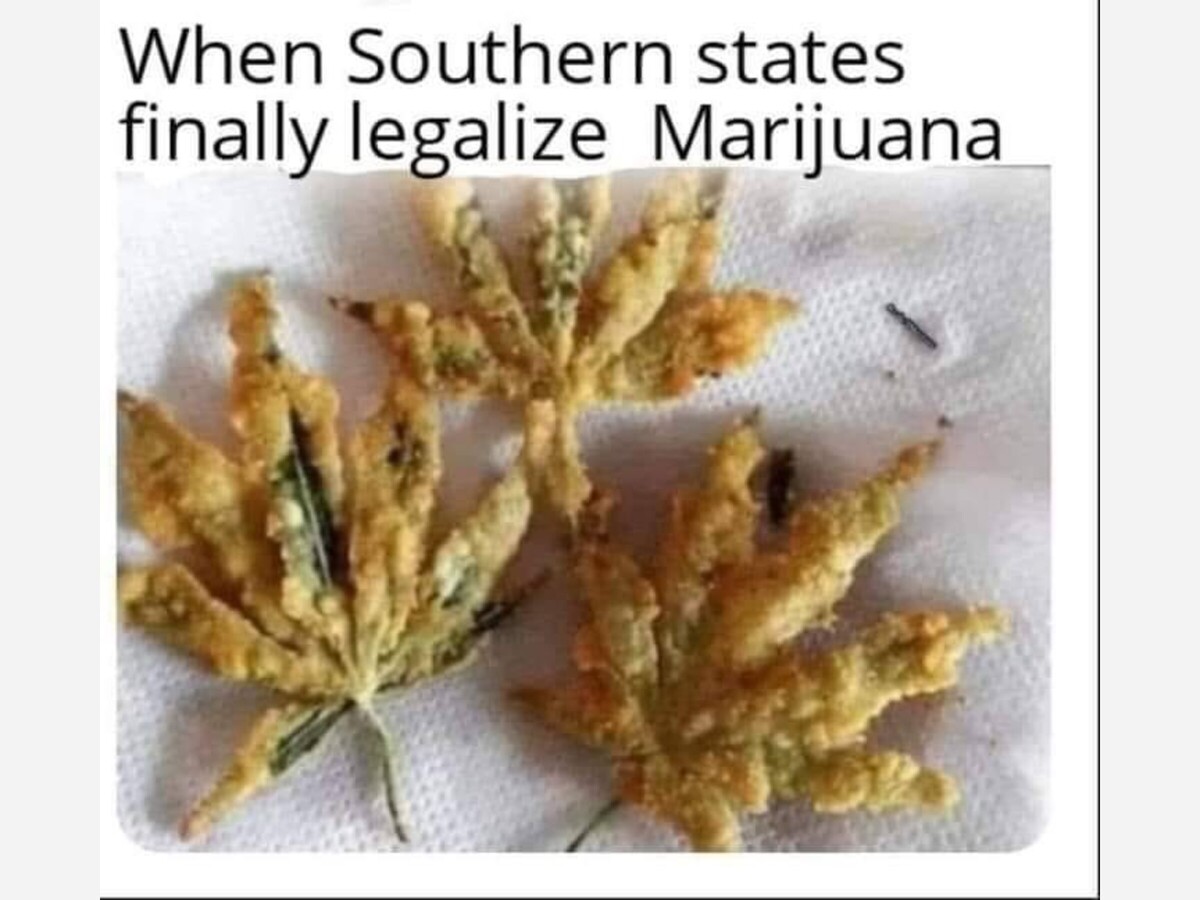Image


California citizens that use cannabis during their off-work down time now have more employment protections beginning January 1st, 2024 thanks to new laws that take effect within the state.
On September 18, 2022, the bill was signed by Governor Gavin Newsom. The bill will go into effect on January 1, 2024, and make it unlawful for employers to hire, fire, or set employment conditions based on off-the-clock cannabis use.
AB 2188, which amends the California Fair Employment and Housing Act (FEHA), will specifically restrict employers from discriminating against employees based on mandatory drug screening tests. More specifically, drug screening tests detect the presence of “non psychoactive cannabis metabolites in their hair, blood, urine, or other bodily fluids.”
California Assembly Bill 2188 is an amendment to the state's Fair Employment and Housing Act and prohibits employers from discriminating against a worker who tests positive for non-psychoactive cannabis metabolites in their urine, hair or bodily fluids.
What this means is anyone who does not display evidence of active THC in their system will be protected. Therefore, people who use cannabis on the weekend cannot be penalized when they return to work on Monday.
Cannabis is known to stay in people's systems as stored metabolites for relatively lengthy periods and can show up on drug screenings for as long as 90 days. What does show up in a metabolite screening as cannabis is not a sign of current impairment, only that the person has recently consumed cannabis.
Potential employers also cannot hold it against a candidate if a drug test reveals past cannabis use.
AB 2188 will give employees who are subject to regular drug screenings more freedom to use cannabis outside of the office. In a way, it draws a firmer line between the professional and the personal, rather than allowing company protocols to inform off-duty lifestyle decisions.
Workers in critical roles would be exempt from AB 2188. Exemptions for SB 2188 would extend to employees who work in a ‘safety’ position, such as in the building and trades industry or law enforcement, a position that requires employees to have their full senses about them.
Most notably, employers will be barred from hiring, firing, or discriminating against workers who’re found to have traces of THC in their system. If active antibodies are found, and an employee is suspected to be impaired on the job, employers will be able to take action. The bill does limit employers from taking action based on recreational, off-duty cannabis use that doesn’t impair performance or safety.
Although New Mexico has had a medical marijuana law in place since 2007, it did not contain protections for job applicants and employees. However, all of that changed on April 4, 2019 when New Mexico Governor Grisham signed Senate Bill 406, which amends the Lynn and Erin Compassionate Use Act (the “Act”) to include changes that will impact New Mexico employers and their consideration and treatment of individuals using medical marijuana.
In addition to expanding the types of conditions for which an individual can use medical marijuana, employers now are prohibited from taking any “adverse employment action against an applicant or an employee based on conduct allowed under” the Act, including declining to hire, terminating, or taking any other adverse action against an individual because he or she is using medical marijuana or received a recommendation for such use by a provider.
There are some exceptions. Specifically, the employment protections do not apply:
New Mexico and other states are now considering rather they should expand the protections to recreational use as California has done. Stay tuned as the new legislative session in New Mexico and elsewhere begins soon.